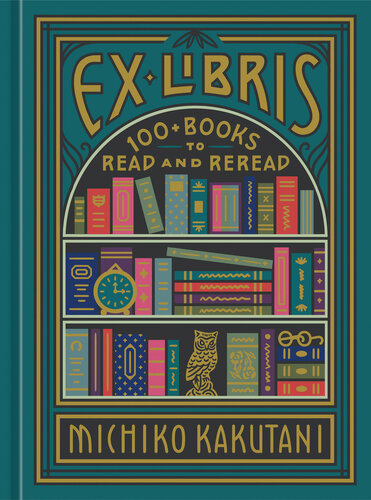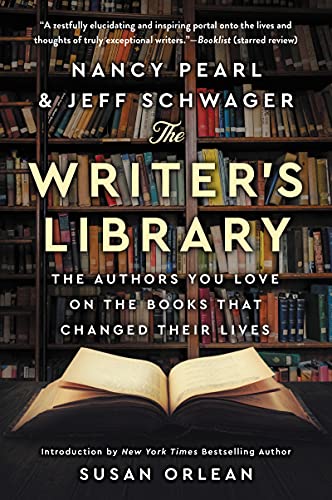|
John (Wilkes Booth) wandered down to the caravan, where he found an old woman to tell his fortune. “Ah, you’ve a bad hand,” the crone commenced. “Trouble in plenty everywhere I look. You’ll break hearts. They’ll be nothing to you. You’ll die young and leave many to mourn you, many to love you, too.”
Taken aback, John asked if his destiny was unchangeable.
“You’re born under an unlucky star,” she informed him. “…A fast life, short but a grand one.”
“It is a good thing it is so short as it is so bad a fortune. For this evil dose you expect me to cross your palm?” asked John.
“Young sir, I’ve never seen a worse hand, and I wish I hadn’t seen it…”
from In the Houses of Their Dead
|











